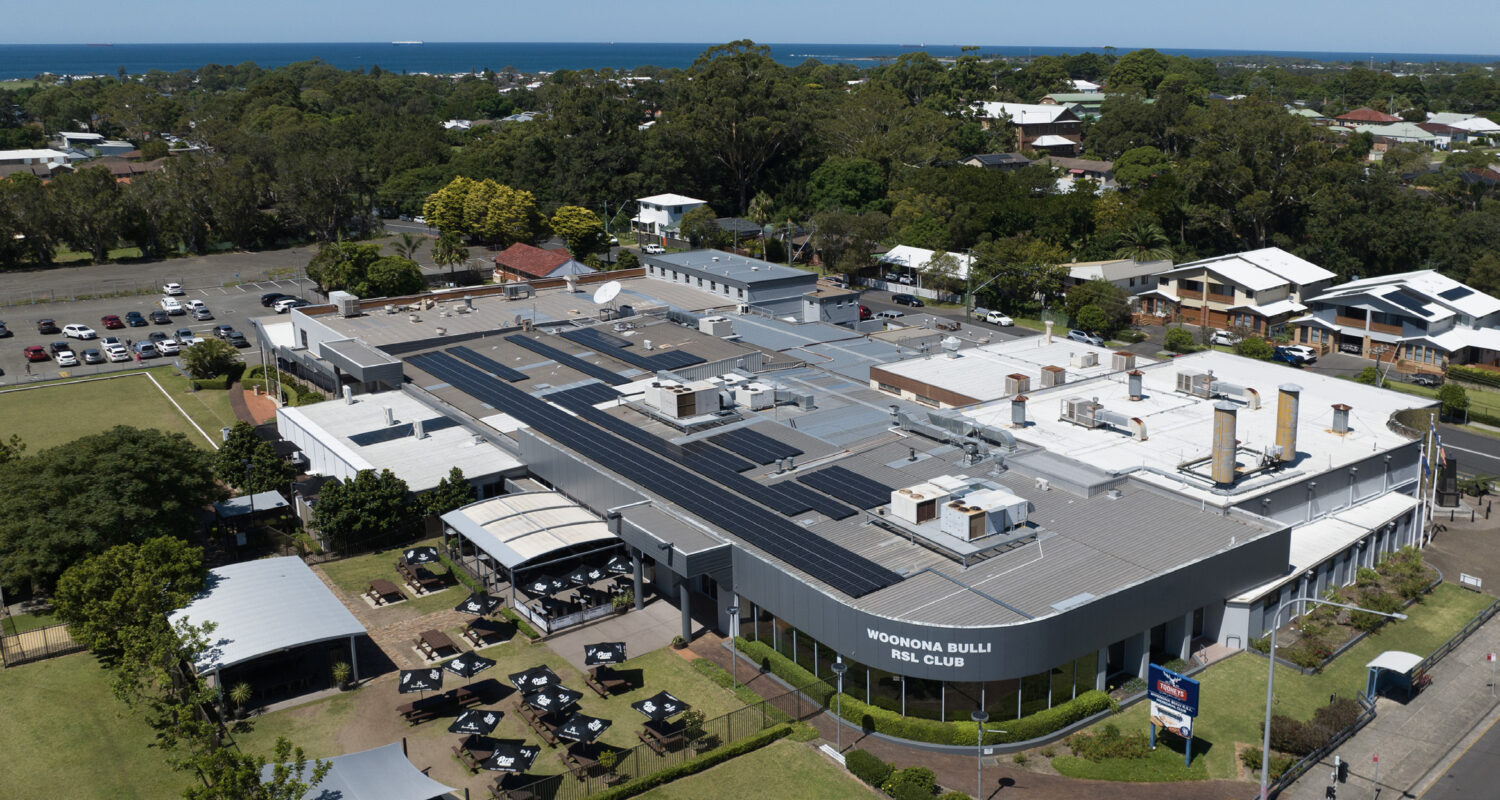Warrane Design Construct Fit-Out Pty Ltd v Woonona Bulli RSL Memorial Club Ltd [2025] NSWSC 123
Introduction
The recent case of Warrane Design Construct Fit-Out v Woonona Bulli RSL Memorial Club provides useful insights into the interplay between legislative acts.
Woonona Bulli RSL Memorial Club (the Club) is an RSL club in Woonona NSW. Warrane Design Construct Fit-Out (Warrane) is a company that provided project management services to the Club. The Club contracted Warrane to upgrade its premises, mainly converting a bowling green to a car park. Warrane proceeded to subcontract All Civil Solutions Group Pty Ltd (All Civil Solutions) for all the works.
Background
After completion of the works, All Civil Solutions served on the Club, rather than on Warrane (their client), debt certificates under Section 6 of the Contractors Debts Act 1997 (NSW) (CDA). The effect was that the Club had to pay All Civil Solutions amounts that it would otherwise have paid Warrane for the works.
However, in the meantime, Warrane obtained an adjudication determination under Section 22 of the Building and Construction Industry Security of Payments Act 1999 (NSW) (SOPA) against the Club. The effect was that Warrane was granted a garnishee order, which allowed Warrane to obtain monies relating from the adjudication determination from the Club’s Bank account for the works.
In this case, the Club sought an order to set aside the garnishee order.
The key issue for the Supreme Court was whether Warrane’s successful determination under SOPA should be halted (and the garnishee order set aside) in light of All Civil Solution’s reliance on the statutory assignment of debt under CDA.
The Court halted the determination and set aside the garnishee order.
Court’s Findings and Commentaries
The Court held that SOPA and CDA are intended to operate side by side. Therefore, courts should construe both acts in a way that achieves a harmonious interaction.
Achieving a Harmonious Interaction in this Case
The Court looked to the effect of the debt certificates and the subsequent payments made by the Club to All Civil Solutions before Warrane began SOPA proceedings.
The Court held that, in these circumstances, to allow the SOPA determination and the garnishee order would mean overstating the amount owing by the Club. The amount is due by the Club to All Civil Solutions, not Warrane. To hold otherwise would be to ignore the operation of the CDA.
The Court ruled that the Club owes All Civil Solutions the remaining balance for the works.
Takeaways
The case highlights the complexities of managing payment obligations in construction projects, particularly when multiple legal frameworks are involved. For the construction industry, it is important to:
- Understand that acts interact with each other, which can mean that payments made under one statute can affect obligations under another.
- Be aware that when a subcontractor serves debt certificates under CDA, the principal’s obligation to pay shifts to the subcontractor. This can impact the amount a builder can recover in separate security of payment proceedings against the principal.
- Be aware that if a builder obtains a judgment under SOPA however the principal has made payments to a subcontractor under debt certificates, the court may adjust the judgment to reflect these payments. This ensures that the builder does not receive more than they are entitled to.
- Implement accurate documentation of payments and obligations.
For further details on construction law insights and legal case notes, visit Construction Legal Insights.






























